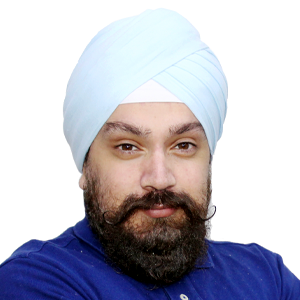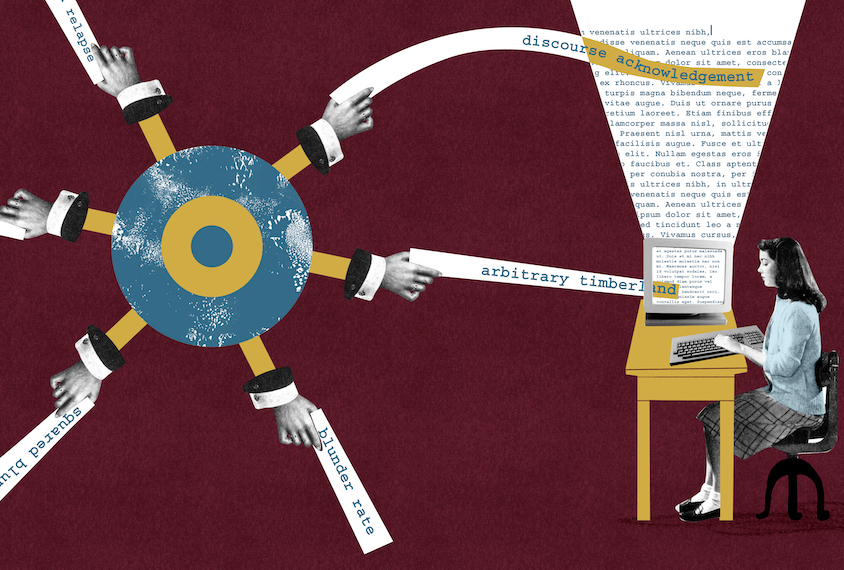Dalmeet Singh Chawla is a freelance science journalist based in London. His work has been featured in Nature, Science, Slate, Undark, The Economist, New Scientist and Pacific Standard, among other publications. See more about his work here: www.dalmeets.com.

Dalmeet Singh Chawla
Contributing writer
From this contributor
Faked results lead to retraction of high-profile cancer neuroscience study
An investigation found that the experiments required more animals than the scientists had purchased.

Faked results lead to retraction of high-profile cancer neuroscience study
‘Tainted kids,’ other odd phrases cropping up in autism studies
The “tortured phrases” — strangely worded paraphrases of established terms — may be the work of software that attempts to disguise plagiarism.

‘Tainted kids,’ other odd phrases cropping up in autism studies
Why was a study about autism cited by a paper on plant beauty?
Autism studies are appearing in the reference lists of entirely unrelated papers, suggesting what a few scholars worry is a plot to manipulate citations.

Why was a study about autism cited by a paper on plant beauty?
Large study supports discarding the term ‘high-functioning autism’
Autistic people described as ‘high functioning’ because they do not have intellectual disability often still struggle with daily living skills.

Large study supports discarding the term ‘high-functioning autism’
Data analysis, open access could improve peer-review process
Data analysis can improve the vetting of scientific papers, but first publishers must agree to make the information public.

Data analysis, open access could improve peer-review process
Explore more from The Transmitter
Dendrites help neuroscientists see the forest for the trees
Dendritic arbors provide just the right scale to study how individual neurons reciprocally interact with their broader circuitry—and are our best bet to bridge cellular and systems neuroscience.

Dendrites help neuroscientists see the forest for the trees
Dendritic arbors provide just the right scale to study how individual neurons reciprocally interact with their broader circuitry—and are our best bet to bridge cellular and systems neuroscience.
Two primate centers drop ‘primate’ from their name
The Washington and Tulane National Biomedical Research Centers—formerly called National Primate Research Centers—say they made the change to better reflect the breadth of research performed at the centers.

Two primate centers drop ‘primate’ from their name
The Washington and Tulane National Biomedical Research Centers—formerly called National Primate Research Centers—say they made the change to better reflect the breadth of research performed at the centers.
Post-infection immune conflict alters fetal development in some male mice
The immune conflict between dam and fetus could help explain sex differences in neurodevelopmental conditions.

Post-infection immune conflict alters fetal development in some male mice
The immune conflict between dam and fetus could help explain sex differences in neurodevelopmental conditions.